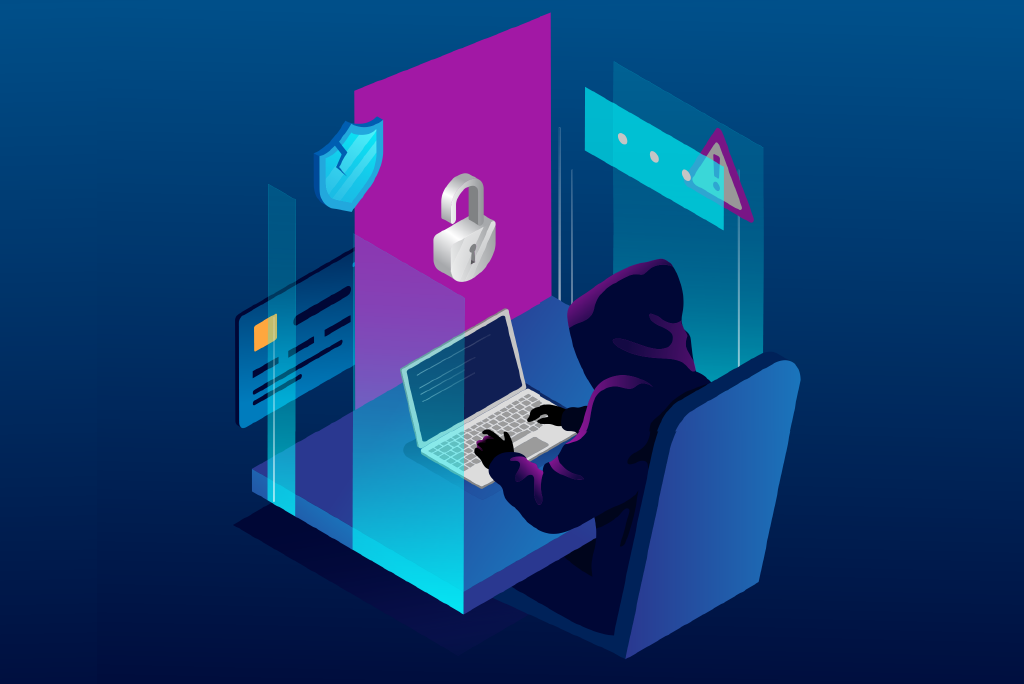Social media has become an essential part of our lives, but it’s also a prime target for hackers. Whether it's identity theft, phishing scams, or account takeovers, cybercriminals are always looking for ways to exploit weak security measures. To protect your social media accounts from hackers, you need to take a proactive approach by strengthening your security settings, being mindful of phishing attempts, and using good online habits.
One of the most effective ways to secure your accounts is by using strong, unique passwords for each platform. Avoid using easily guessable passwords like birthdays, names, or simple combinations such as “123456” or “password.” Instead, create complex passwords with a mix of uppercase and lowercase letters, numbers, and special characters. A password manager can help you store and manage these securely. Additionally, enabling two-factor authentication (2FA) adds an extra layer of security. With 2FA, even if someone gets hold of your password, they won’t be able to access your account without the secondary authentication method, such as an OTP sent to your phone or an authentication app.
Beware of phishing attacks, as they are one of the most common ways hackers gain access to social media accounts. These attacks often come in the form of fake login pages, suspicious links, or messages that seem to be from official sources. Always double-check URLs before entering your credentials and never click on links from unknown or unverified sources. Hackers often disguise malicious links in emails, direct messages, or even comments on posts. If you receive an unexpected message asking for your login details, treat it with suspicion and verify it directly with the platform.
Keeping your apps and devices updated is another critical security measure. Cybercriminals frequently exploit outdated software with known vulnerabilities. Social media platforms and smartphone operating systems release updates to fix security flaws, so always install updates as soon as they are available. Similarly, review your account’s privacy settings regularly to control who can see your posts, contact you, or tag you in content. Set your accounts to private if you don’t want strangers to access your information, and limit the amount of personal data you share publicly.
It’s also crucial to log out of your accounts on shared or public devices and avoid saving passwords on browsers when using someone else’s computer. If you suspect that your account has been compromised, change your password immediately and check your login activity for any unusual sign-ins. Most social media platforms allow you to view a history of logins and devices connected to your account—if you see an unknown location or device, revoke access immediately.
Lastly, be mindful of third-party apps and permissions. Many apps request access to your social media accounts, but not all of them are trustworthy. Always review the permissions you grant to third-party applications and remove access for any app that looks suspicious or unnecessary. Giving apps too much control over your social media accounts increases the risk of unauthorized access.
In a world where cyber threats are constantly evolving, staying informed and cautious is the best defense against hackers. By following these best practices, you can significantly reduce the chances of your social media accounts being compromised and enjoy a safer online experience. Cybersecurity isn’t just for businesses—it’s something every individual should take seriously in this digital age.
How to Secure Your Social Media Accounts from Hackers?
Posted on March 21, 2025
